Size Doesn't Matter: NZ Tips Scales For Smaller Rugby Players
The tackles still crunch and the darks arts of the front row remain, but don't expect to see the big men fly in New Zealand's weight-restricted rugby competition.
New Zealand Rugby set up a national tournament this year that allows only players weighing 85 kilograms (187lb, 13st 5lb) or less to compete, an innovation that has proved immensely popular among the game's grassroots.
Former All Blacks coach Sir Graham Henry believes the competition will lift flagging player participation rates and has the potential to boost the game's appeal in Asia.
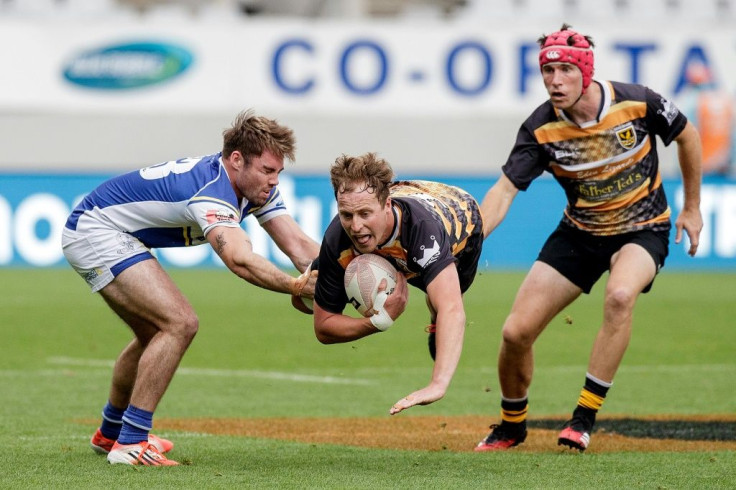
"Since the advent of professionalism, there's probably been a focus on the elite, rather than everybody," Henry, who guided the All Blacks to World Cup success in 2011, told AFP.
"This gives an opportunity for those who can't compete because they're smaller to fulfil their ambitions and keeps them in the game."
A case in point is Joel Taylor, captain of the Eden Lizards, who won the competition final against Auckland University Squids 27-24 on Saturday at Eden Park, the spiritual home of New Zealand rugby.
Taylor, who describes himself as "a comfortable 83kg", was unsure if he would still be playing rugby if the weight-restricted game was not an option.
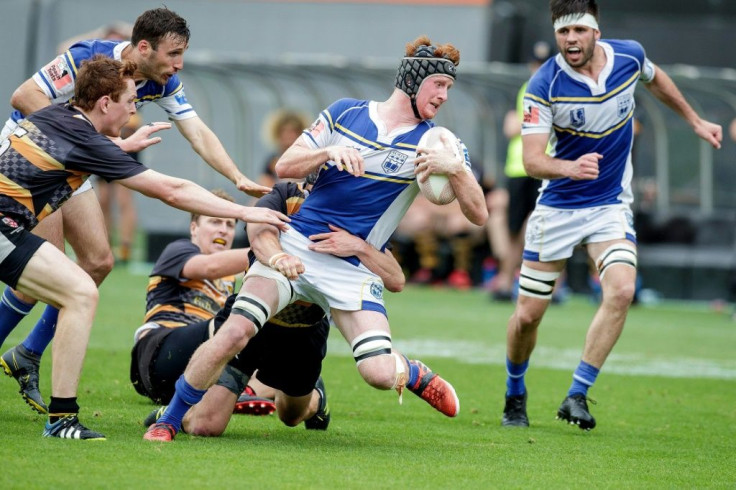
The 27-year-old advertising executive is a flanker, a position where elite players often weigh in excess of 110kg.
"It's definitely nice to be one of the bigger blokes on the field," he said.
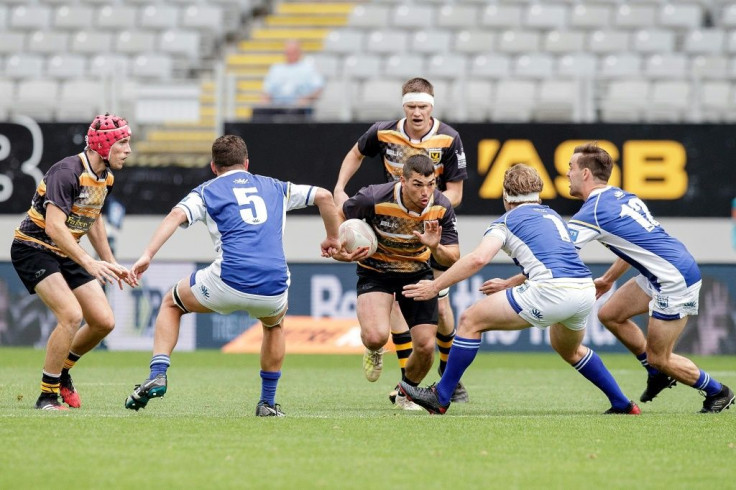
New Zealand Rugby's head of participation and development Steve Lancaster said the competition emerged after the union held focus groups to examine ways to address declining player numbers.
"The reality in open-grade rugby is there can be a big size and weight disparity and that creates physical mismatches," he said.
"At this grade, you've got a cohort of players that are all within a relatively close weight range and it leads to a much more even competition."
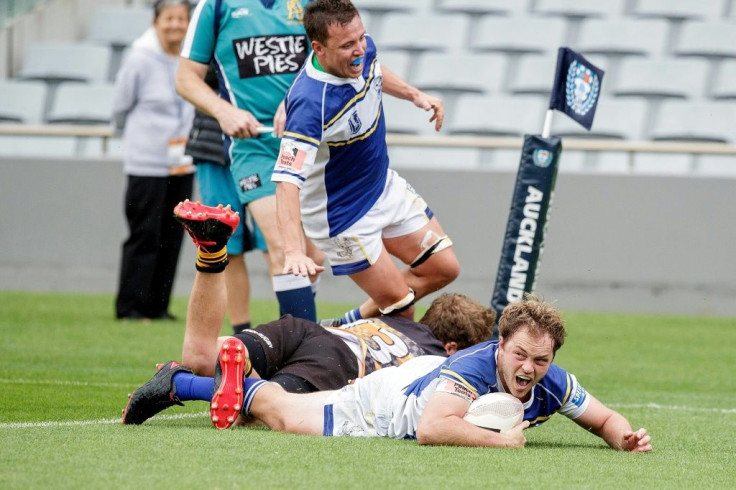
Henry said under-85kg matches tended to be faster than open-grade rugby, with the ball in play for longer periods.
"The standard is superb, these are some very good footballers," he said.
Henry said the focus for under-85kg players was on being part of the rugby community, rather than feeding into the elite tier of the sport.
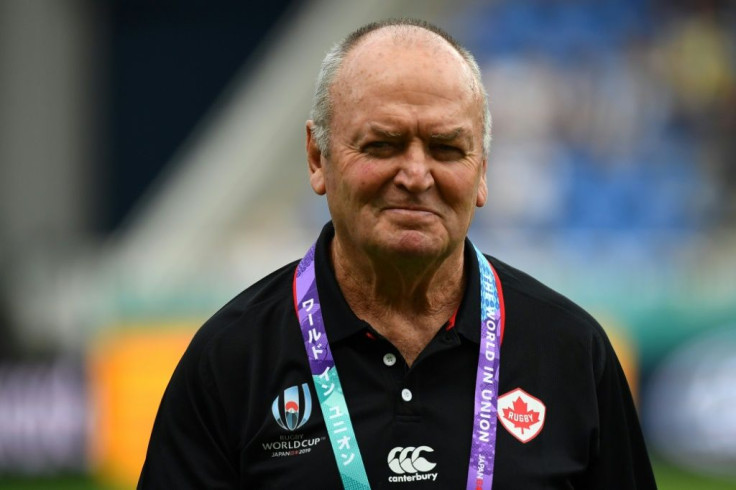
"These are guys who have careers, they're doing other things," he said.
"Rugby is their enjoyment, their pastime, their hobby -- but it's not their life, like it is for a professional player."
Taylor said that did not mean the contest was any less intense on the pitch.
"I wouldn't describe it as a social grade at all, it's definitely extremely competitive and there's a lot of really talented players," he said.
Squids coach Jack Haplin agreed, pointing out the under-85 remains a full-contact collision sport, albeit one where players are likely to recover slightly quicker than if they had been flattened by a 100kg-plus opponent.
"It's the same game, same tactics, the darks arts of the front row are identical," he said.
Henry was excited about the prospect of taking the weight-restricted version of the game overseas, saying it would be ideal for a country such as Sri Lanka, which has a long rugby history.
"They love the game, they're just not big enough to compete at the international level," he said.
"At under-85s, you have a lot of Asian teams who would be very good and you'd have a wonderful international tournament."
He said there was no guarantee New Zealand would come out on top in such a contest.
"Can you image a New Zealand under-85kg team playing a Japan under-85kg team? I think we might struggle," he said.
Lancaster said such a tournament was a possibility, although it was still some way off.
"We've actually been having some dialogue with an entity in Asia that's interested in hosting an international competition for restricted-grade players," he said.
"Whether or not that gets off the ground in the next year or two, there's certainly interest globally in restricted-grade rugby."
Lancaster said if the success of the under-85kg competition continued, NZR had "an open mind" about introducing further weight grades in the future.
"We've got a genuine curiosity about how we keep rugby thriving in the heart of our communities," he said.
© Copyright AFP 2024. All rights reserved.





















